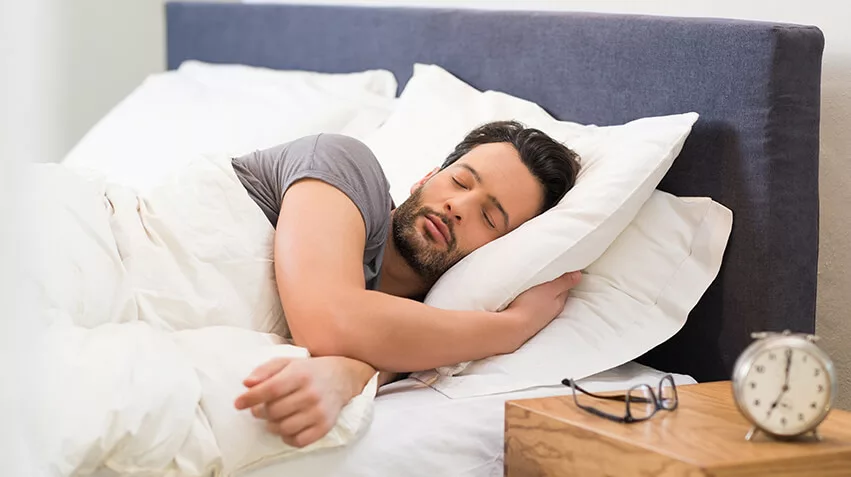
Getting enough sleep is very essential for a person to maintain optimal health and well-being. When it comes to health, sleep is as vital as regular exercise and eating a balanced diet. Many different factors, including one’s age, work schedule, food habits and sleep patterns affect the ideal sleep time. It is very important to have a consistent amount of sleep every day. This will help to maintain your health and stay fit.
Best time to sleep
According to the National Sleep Foundation, a person should sleep somewhere between 8 p.m. and midnight. People should aim for 7–9 hours of sound sleep each night. The time to go to sleep and wake up will vary among individuals. However, it is very important to understand the amount of rest needed for one’s body and mind and set your sleep time accordingly. One study found that those who went to bed late are more likely to have depressive symptoms and passive lifestyle. Therefore doctors always encourage us to sleep early and get a minimum of 7 hours sleep.
Sleep requirements vary by age, the following table shows how many hours of sleep a person needs each day, according to their age:
| Age | Hours of sleep |
| 0–3 months | 14–17 |
| 4 months to 2 years | 11–16 |
| 3–5 years | 10–13 |
| 6–13 years | 9–12 |
| 14–17 years | 8–10 |
| 18–64 years | 7–9 |
| 65 years and over | 7–8 |
The sleep cycle is a natural internal cycle in humans. A normal sleep cycle occurs in two distinct states: rapid eye movement (REM) sleep and non rapid eye movement (NREM) sleep. Our body moves between these two states a few times at night. The body cycles through these states roughly every 90 minutes. Our body will pass through almost four to five of these cycles each night. Waking up at the end of the cycle, when sleep is lightest, is the best time to wake up. Sometimes in the morning, we experience disturbance and irritation mainly because this cycle is disrupted or not completed. Again, these stages differ from person to person, that is, the sleep cycle and sleep timing vary from person to person.
Although the average person’s sleep cycle can vary a bit if we experience issues related to sleep, we should consult a doctor. Many people experience a condition known as insomnia where he/she finds it difficult to sleep. In other cases, a person may get enough sleep but still wake up each morning feeling unrested (obstructive sleep apnea). There are sleep technicians who can help us to overcome this problem.
7 hours of sleep a day keeps the doctor away!
